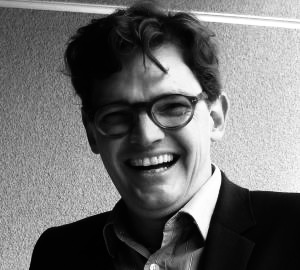Thomas Mann House Events
Exhibition "Democracy Will Win!" at University of Nevada
University of Nevada

Information
Join the Department of World Languages and Cultures at University of Nevada for the traveling exhibition "Thomas Mann: Democracy Will Win!"
The exhibition commemorates the series of lecture tours that the Nobel Laureate conducted throughout the Unites States from the late 1930s to the mid-1940s. The first of these tours began at Northwestern University, where more than 4000 people came to hear him speak about the fundamental reasons for liberal democracy. “It is a terrible spectacle when the irrational becomes popular,” Mann said in a speech at the Library of Congress in 1943, and he drew on his considerable powers of thought and expression to counter the sources of this spectacle through his confident motto: “Democracy will win.”
The like-named exhibit is divided into two parts: the first charts the changes in Mann’s political views, while the second connects Mann’s lectures tours to current political situations in both Europe and the United States.
Partner
The traveling exhibition Thomas Mann: Democracy Will Win! is a collaboration between the Department of World Languages and Cultures at the University of Nevada, and the Thomas Mann House Los Angeles.
The Truth of Populism: Facts, Fiction, and Truisms in Contemporary Politics
Thomas Mann House (1550 N San Remo Drive, CA 90272)
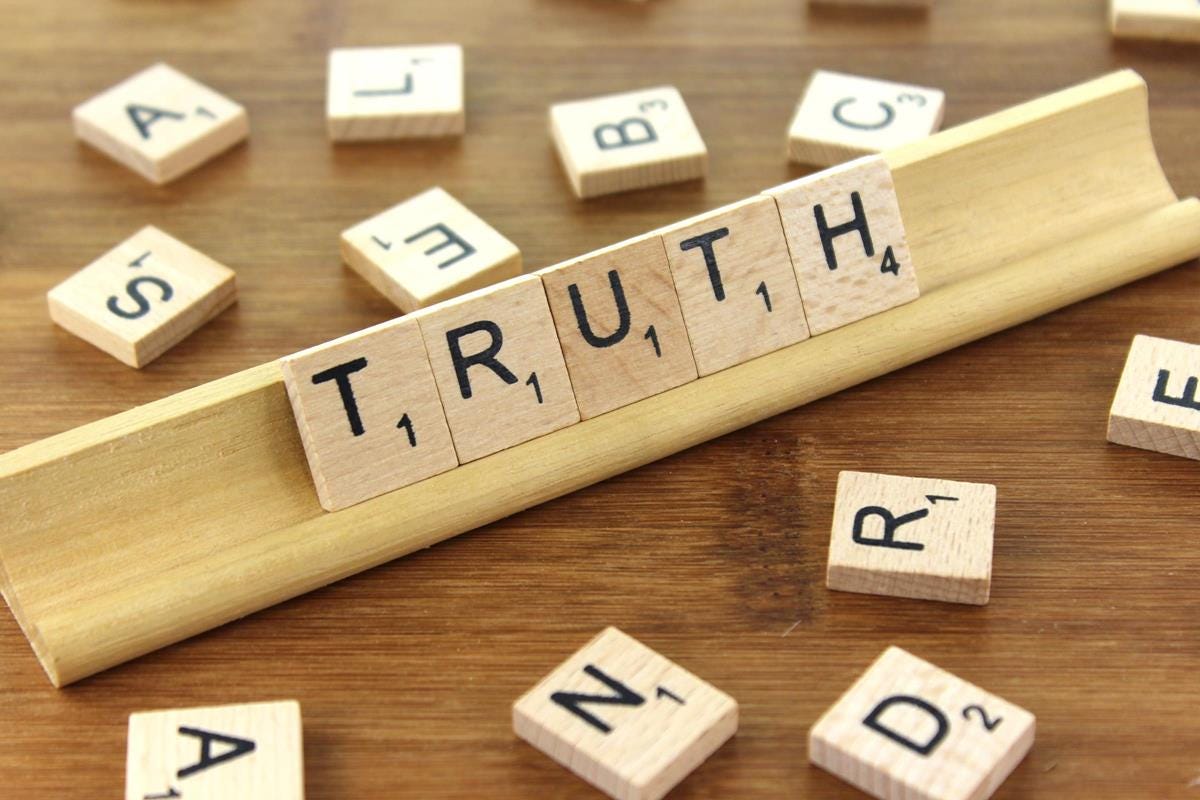
Sprache: Englisch ・ Teilnahme nur auf Einladung.
Info
Join us in the living room of the Thomas Mann House for a lively conversation between Adrian Daub, literary scholar and Professor of German and Comparative Literature at Stanford University, and Thomas Mann Fellow Nils Kumkar, whose research focuses on political conflict, social inequality, digitalization, alternative facts, and conspiracy theories.
In their conversation, the two acclaimed scholars will examine why “truth” has become such a central and contested issue in contemporary political discourse in both the United States and Germany. Approaching the topic from multiple disciplinary perspectives, the discussion will range from concerns about fake news, declining trust in media and journalism, as well as so-called “alternative facts,” to the broader crises of political legitimacy, conspiracy theories, and anxieties surrounding hybrid warfare in Europe. They will explore how populism both produces its own truths while exposing what might be called public open secrets at the same time. Against this backdrop, the evening probes a more fundamental question: is “truth” itself even the most appropriate category for understanding what is at stake in today’s political conflicts? What we are really arguing about when we argue over “truth”?
Participants
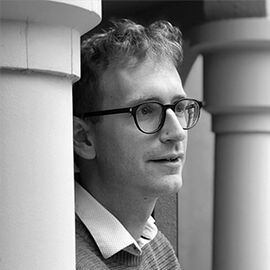
Adrian Daub is a professor of comparative literature and German studies at Stanford University, and the director of Stanford’s Program in Feminist, Gender, and Sexuality Studies. His research focuses on the intersection of literature, music, and philosophy in the nineteenth century, and he is the author of several books published by academic presses. His writing has appeared in The Guardian, The New Republic, n+1, Longreads, and the Los Angeles Review of Books. Among his most recent book are The Cancel Culture Panic: How an American Obsession Went Global (Stanford University Press, 2024) and What Tech Calls Thinking: An Inquiry into the Intellectual Bedrock of Silicon Valley (FSG Originals x Logic, 2020).
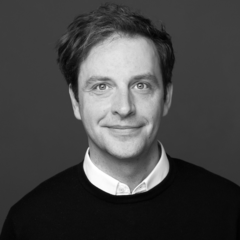
"Sliced Realities"- Solo exhibition by Ukrainian artist Zhanna Kadyrova
Thomas Mann House (1550 N San Remo Drive, CA 90272)
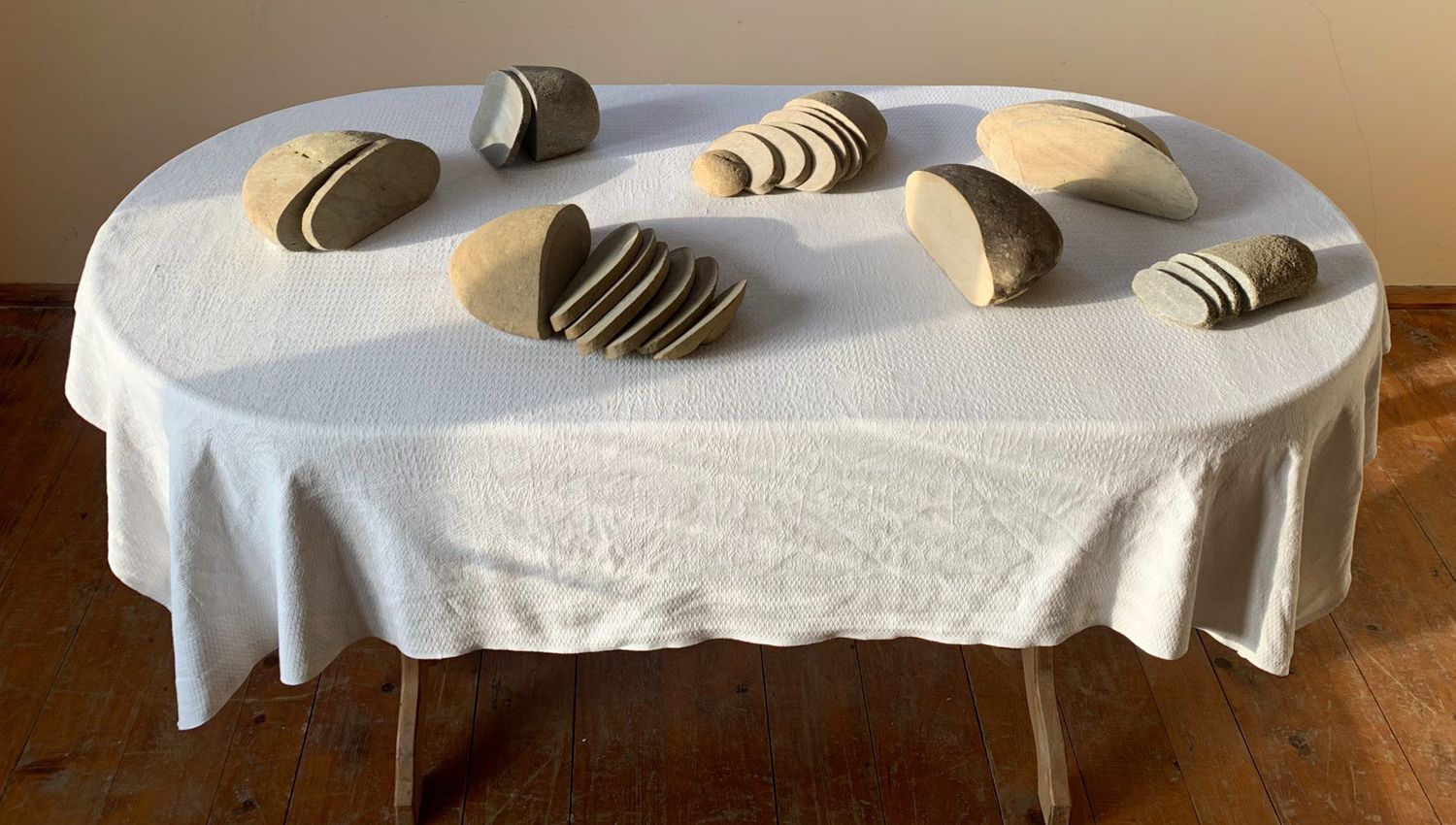
Language: English ・ By Invitation Only
Info
In collaboration with Kyiv to LA, the Thomas Mann House presents Sliced Realities, a solo exhibition by Ukrainian artist-in-residence Zhanna Kadyrova. As part of an ongoing partnership supporting Ukrainian artists through a Los Angeles-based residency, this exhibition marks Kadyrova’s first solo presentation in the United States and coincides with the four-year anniversary of Russia’s full-scale invasion of Ukraine.
Sliced Realities brings Kadyrova’s anti-war practice in dialogue with Thomas Mann, whose history of political resistance raises enduring questions about the role of art in times of crisis. Centered around the artist's fundraising project Palianytsia, the exhibition features artworks from her Anxiety, Refugee, and Russian Rocket series, which reveal the surreal experience of encountering the unfamiliar within the familiar. Presented one year after the devastating fires that ravaged the surrounding Pacific Palisades and neighboring Altadena, and four years after Russia’s full-scale invasion of Ukraine, this exhibition invites viewers to consider how art and resilience are intimately intertwined. Linking Mann’s anti-fascist radio addresses to Kadyrova’s recent bodies of work, Sliced Realities foregrounds the asterisks and annotations that emerge when creative practices are restructured as forms of resistance.
About the Artist
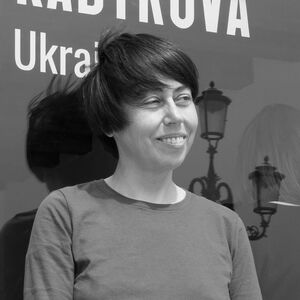
Zhanna Kadyrova (b.1981, Brovary, Ukraine) is an interdisciplinary artist and member of “R.E.P.” group (Revolution Experimental Space). After graduating from the Taras Shevchenko State Art School in 1999, she received the Kazimir Malevich Artist Award and the Grand Prix of the Kyiv Sculpture Project (both 2012). She was awarded the Special Prize (2011), Main Prize (2013), and Special Prize – Future Generation International (2014), all from PinchukArtCentre.
Kadyrova’s practice engages various disciplines including sculpture, photo, video, and performance. In her work, the issue of context unravels to reveal the rhythm of History on the move - that of a world whose multiple layers disappear behind their immediacy. Often diverting the aesthetic canons of the socialist ideal still present in the heritage of contemporary Ukraine, Kadyrova’s perspective is partially informed by the plastic and symbolic values of urban building materials. Thus ceramics, glass, stone, and concrete enter the spotlight of her work.
Partner
This exhibition is part of an ongoing collaboration with Kyiv to LA. Kyiv to LA is made possible by a generous grant from Nora McNeely Hurley and the Manitou Fund.
Exhibition Curator: Asha Bukojemsky
Exhibition Assistant: Marina Shishkina
Gallery support managed by Lia Sisnarenko, Art Access Gallery
Émigré vs Exile Modernism and Architecture in L.A.
Thomas Mann House (1550 N San Remo Drive, CA 90272)
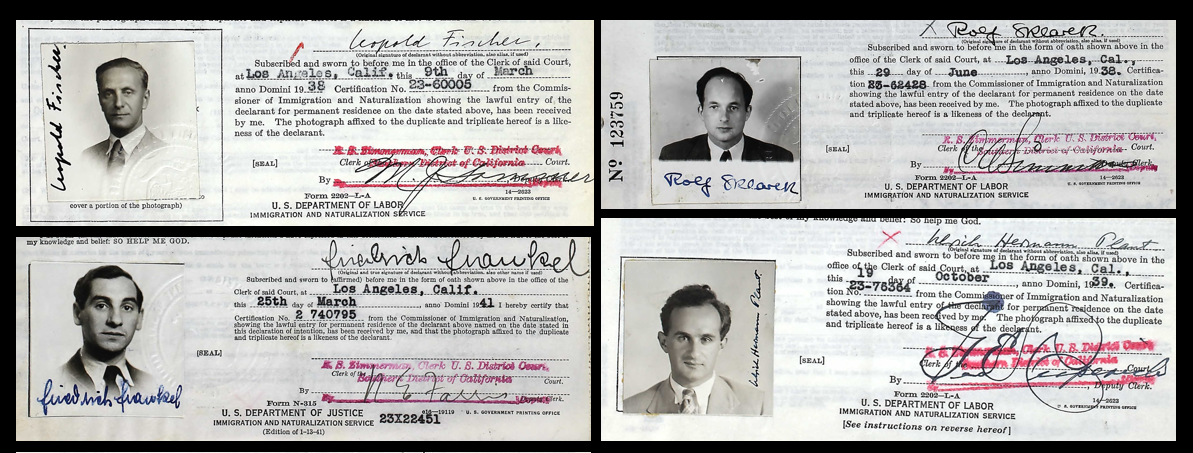
Language: English ・ By Invitation Only
Info
Join us in the living room of the Thomas Mann House for an insightful conversation between Volker M. Welter, an architectural historian specializing in modern architecture at UC Santa Barbara, and The New Yorker music critic Alex Ross, whose research explores German-speaking émigrés and exiles in California and their influence on music, literature, architecture, and the arts in Los Angeles.
When influential German Studies scholar Erhard Bahr remarked in his seminal book Weimar on the Pacific: German Exile Culture in Los Angeles and the Crisis of Modernism, that the architects Rudolph Schindler and Richard Neutra “were, strictly speaking, immigrants rather than exiles,” the historian established the year 1933 as a significant caesura separating “immigrant modernism” from “exile modernism” in California. Many German-speaking professionals already immigrated to California in the 1920s and earlier to pursue careers and progressive ideas of modernism before the Nazis even came into power. The exiles, such as Thomas Mann, Theodor Adorno, or Bertolt Brecht, who arrived in California as refugees after 1933, often had a much different and less enthusiastic understanding of modernism after their traumatic experience in Germany.
When architectural history ponders the works and influence of German-speaking, Central European architects in Southern California, a much simpler trajectory is often discussed: Schindler and Neutra brought modernist architecture to California when the two came to the U.S. Subsequently, other German-speaking architects working in architecture in the Los Angeles area are evaluated in comparison with the two “masters.“ In sharp contrast, the works of those exiled architects who fled to California after 1933 are rarely considered at all. Recent scholarship on these architects suggests that distinguishing, analogous to Bahr, between immigrant architects and exile architects allows an astonishingly differentiated picture of the impact of German-speaking architects on Southern California to emerge.
In their conversation, Welter and Ross will explore the nuances around different concepts of modernism in California before 1945, as these transatlantic currents and theoretical frameworks did not only leave their mark on architecture, but can also be seen, discussed, and exemplified in film, music, literature, and the visual arts.
Participants
